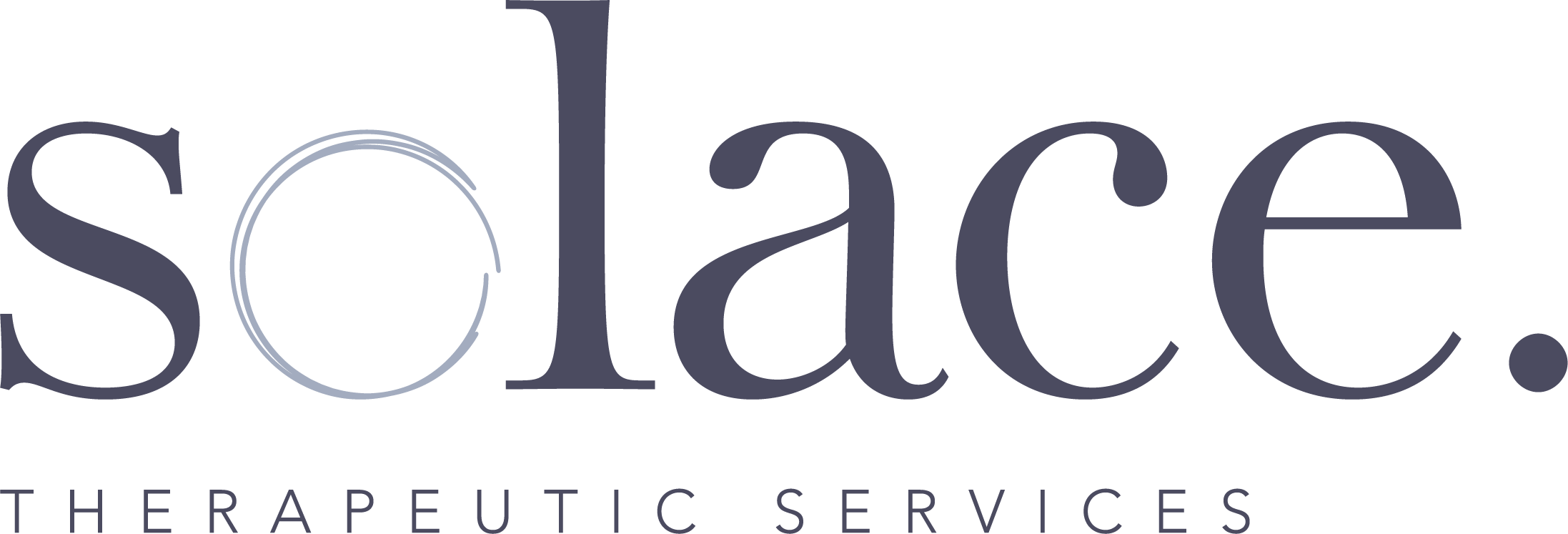No matter the Challenge
-
Contact Us
(910) 292-4879
-
Mon - Fri 8:00 AM - 8:00 PM
- Client Portal
- August 2025
- /
- Abigail Kalainikas
When Trauma Fuels the Hustle (and Leaves You Tired All the Time)
Let’s talk about something that comes up a lot—in conversations with clients, in late-night texts from friends, and in those quiet, reflective moments when we finally slow down enough to feel how tired we actually are. That feeling of always needing to do more. To be better. To keep going, even when you’re running on empty.
If you’ve ever thought, “I don’t know how to relax,” or “If I stop, everything might fall apart,” you’re not alone.
When Doing Becomes a Way to Feel Safe
A lot of us grow up learning that being loved or accepted is tied to what we do—not who we are. Maybe it was subtle. Maybe no one said it outright. But the message came through loud and clear:
• Be the high achiever.
• Keep everything under control.
• Don’t be a burden.
• Make everyone proud.
Over time, that turns into overachieving. And not because you’re just super motivated or Type A (though maybe you are)—but because your nervous system literally learned that productivity = safety. For many of us, doing becomes a form of protection.
When life feels uncertain or emotionally unsafe, action becomes a way to regulate. If I can just stay busy, stay productive, stay useful—then maybe I won’t have to feel what’s underneath. Maybe I won’t have to face the grief, or the loneliness, or the fear of not being good enough.
And here’s where it gets tricky: society rewards this. You get praised for being productive. For being dependable. For achieving things while running on empty. People admire your “work ethic” without realizing it’s built on top of a nervous system that never learned how to rest. You might even start to believe that staying busy is who you are.
But beneath all of that? There’s usually exhaustion. And underneath that? Often… trauma. Or at least some early survival pattern that’s still running the show.
Not necessarily trauma with a capital “T”. But moments when you learned that in order to feel safe, loved, or in control—you had to do. And that rest wasn’t something you just got to have.
So we keep going. We fill our calendars. We keep saying yes. Not because we want to—but because stopping feels terrifying. Because in the stillness, we might have to face parts of ourselves we’ve spent a lifetime avoiding.
Doing becomes armor. A distraction. A way to prove (over and over again) that we are lovable, valuable, safe.
But here’s the thing: that strategy works—until it doesn’t. Until the exhaustion becomes too loud to ignore. Until the achievements stop feeling satisfying. Until your body says, “I can’t keep doing this anymore.”
And that’s often when healing begins. Not because we’re suddenly enlightened, but because we’re finally too tired to keep performing. We start asking different questions: What am I trying to outrun? Why does rest feel unsafe? Who am I without the doing?
It’s not easy. Slowing down can feel like falling apart. But it’s also where real safety starts to grow—not from performing, but from finally letting ourselves just be.
So What Do We Do With All This?
Honestly? We get curious. We slow down. We start being a little gentler with ourselves. Here's what that can look like:
1. Start Noticing the Pattern
No judgment—just awareness; Where do you feel that internal pressure to keep going? What happens in your body when you try to rest?
- Just start to notice. That alone is a huge step. Awareness will almost always be the first and most important step.
2. Redefine Rest
Rest doesn’t have to be a full day off (though we love it when it is). It can be a deep breath before your next meeting. Lying down for five minutes without your phone. Letting yourself not fix everything for once. Intentionally give yourself permission to not do.
3. Reconnect With Your Body
Trauma pulls us into our heads. Somatic practices can bring us back down into our bodies—where safety and calm actually live. Even something simple like putting a hand on your heart and taking three slow breaths can help your nervous system soften. If you’re looking for some direction on incorporating somatic work into your life, take a look at some of our other blogs! We’re big on the nervous system!
4. Remind Yourself: You Are Enough Without Earning It
This is the hardest one, I know. But truly—your worth is not tied to how much you produce. You’re not only lovable when you’re helpful, productive, or impressive.
You were always enough. Even when you were resting. Even when you were a mess. Even when you were just… being.
You Don’t Have to Hustle for Your Healing
Overachieving may have helped you survive. That part of you was doing the best it could. But now? You get to choose something softer.
You get to rest without guilt.
You get to slow down without losing your value.
You get to be held—by yourself, by your people, by the world.
If this resonates, I want you to know: you’re not the only one. So many of us are walking this same path—learning how to unwind the old survival strategies and find a new way of being that feels more honest, more sustainable, and way more kind.
Take what you need. Leave the rest. And maybe drink some water? You’ve done enough for today.
